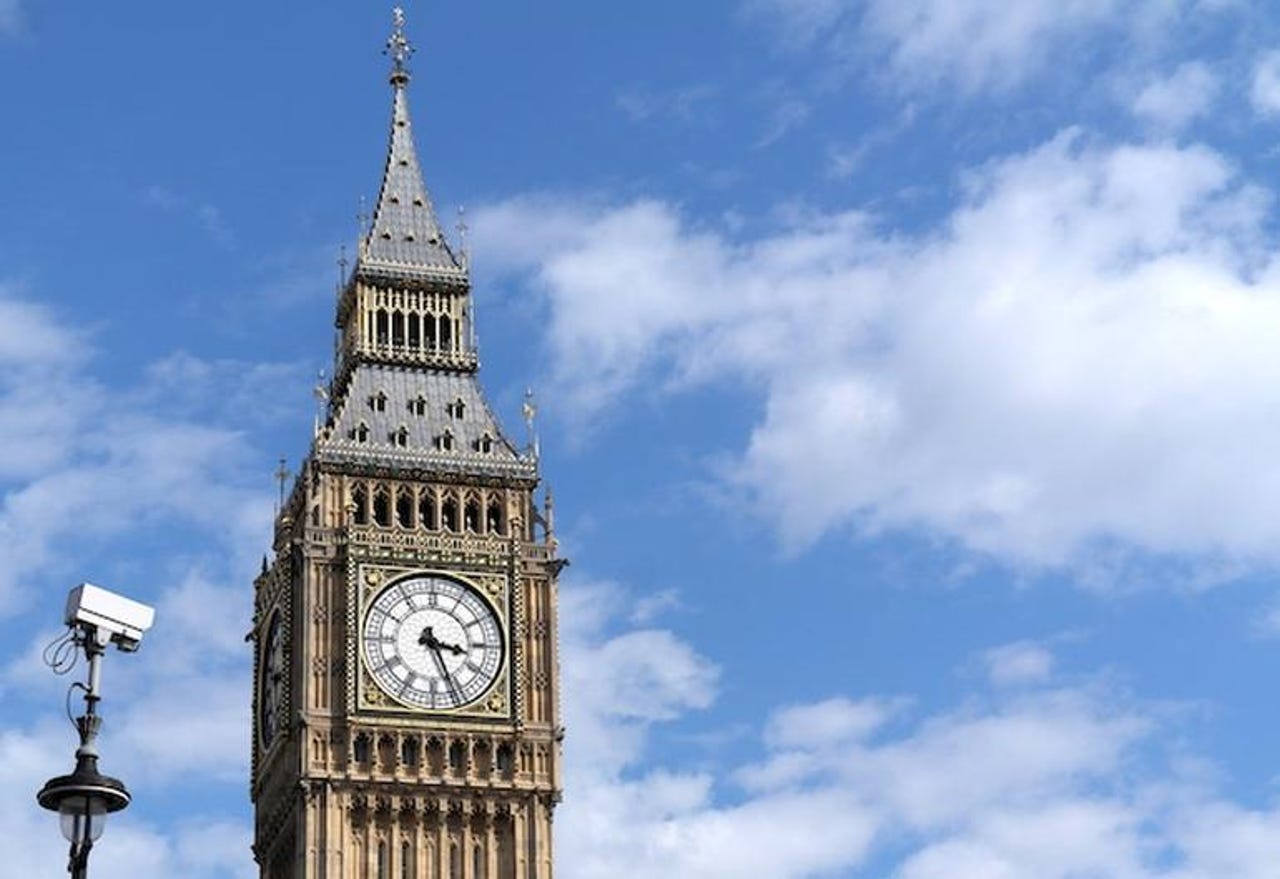UN experts warn of 'chilling effect' on freedoms over UK surveillance bill

A group of United Nations' experts have warned of a "chilling effect" on freedoms of speech and expression, should the UK's draft surveillance bill become law.
New surveillance measures outlined in the draft Investigatory Powers Bill, introduced by the UK government late last year, are of "particular concern" and would "ultimately stifle fundamental freedoms of expression and the right to privacy."
The experts argued that the bill as it's written would not be compliant under international standards, which the UK has previously agreed to.
The comments were among more than a hundred submissions of written evidence late last year to the UK parliament's joint committee investigating the bill, most of which have come out in some way against the draft bill.
The bill has proven controversial among the public and tech companies alike.
One of the key parts of the bill would allow force UK companies to remove encryption on demand to help authorities intercept data.
Though there are limited exceptions for foreign companies that fall outside the UK's jurisdiction, failure to comply can lead to prison sentences of up to two-years.
Apple, which formally opposes the bill, said the bill would force overseas-based companies to "take actions that violate the laws of their home countries," which could "spark serious international conflicts."
Other parts of the bill would solidify existing laws to allow the government to hack into devices to obtain data when a warrant has been signed. The UK government has said this is necessary to acquire communications and data from devices -- even when they encrypted.
Facebook, Google, Microsoft, Twitter, and Yahoo also submitted combined evidence to the committee, which have urged the government to "reconsider" its actions.
Echoing similar sentiments, the coalition of Silicon Valley companies said the UK's actions could set a precedent, which, if followed by other countries, "could endanger the privacy and security of users in the UK and elsewhere."
The UK government is set to finalize its proposals in the coming months.
